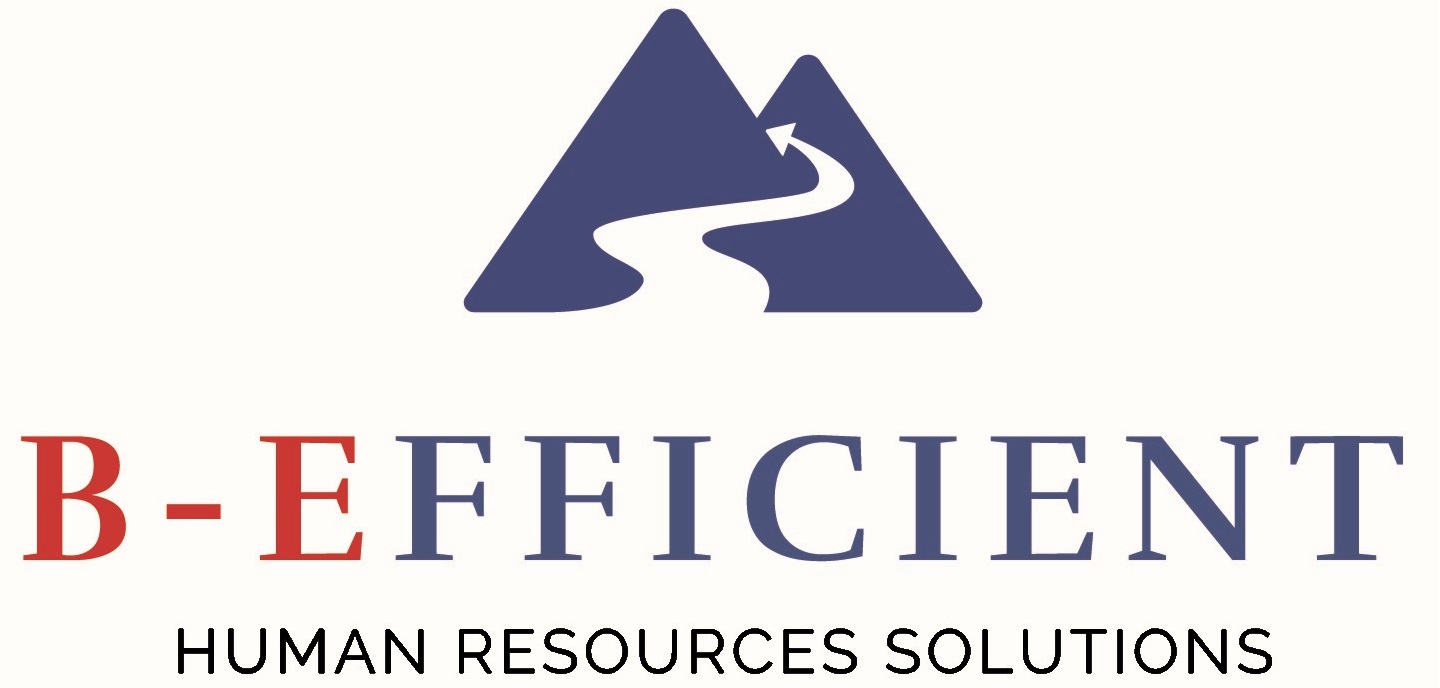B-Efficient newsletter - March 2021
Well-being at work, what can you do as an employer?
B-Efficient,Moodwork's partner in Belgium
Burnout continues to account for about 1 in 10 work disabilities (9.8%) in Belgium, as does depression (9.9%). "Thefact that burn-out is now 1 in 10 cases among people who receive work disability benefits is very worrying"according toStijn Baert of Mutualités Libres.
Excess stress and burnout increaseboth the frequency and duration of absences. According to a study led by Securex, the cost of absenteeism related to ill-being is 3,750 euros/salary/year, or 7% of the wage bill.
Containment and compulsory telework unfortunately exacerbate the ill-being of workers. There is no question that burnout prevalence has increased dramatically in the last twelve months.
Well-being at work means:
- Frequently experiencing pleasant emotions (enthusiasm, interest, pride, wonder, gratitude, serenity,..)
- The feeling that his job makes sense, is helpful
- The impression that his job corresponds to his expectations to his values
- The impression that his job is preferable to most others
On the other hand, unbeing at work means:
- Frequently experiencing unpleasant emotions at work (stress, anxiety, nervousness, anger, helplessness, boredom, sadness, shame, guilt...)
- The impression that his job does not correspond (or in part) to his expectations or values
- The impression that many other jobs are preferable to his
Preventing excessive stress and addressing ill-being at work becomes a priority!
Companies realize that responsibility for well-being and ill-being is shared between the company, its management and the worker.
The employer has levers of action such as: workload, deadlines,autonomy left to the worker, recognition, quality of communication with management and colleagues, ...
The worker can develop his ability to manage stress, pressure, his ability to assert himself and express his needs, his optimism, his perfectionism, ...
To ensure well-being and prevent the consequences of long-term ill-being (stress, burnout), it is advisable to carry out a prevention policy at three levels: primary, secondary and tertiary.
Primary prevention is about acting on stress factors in the work environment such as deadlines, workload, transparency about the worker's future, perceived support, ...
Secondary prevention focuses on learning about work and stress management.
And tertiary prevention is about providing the worker with effective treatment to avoid complications or recurrences with the support of a health professional.
To be able to act and improve well-being, you need a diagnostic tool: Moodwork.
Moodwork is a tool for analyzing and managing well-being at work. On the web and on mobile, the application provides workers with tools to analyze their well-being, their level of stress, their risk of burnout and to act on them and finally to be accompanied by specialists.
Moodwork was developed by a team of researchers trained at UCLouvain, INSEAD, Standford university and ESCP Europe.
Moodwork provides your employees with the methodology of 3 A: Auto-diagnostic, Action and Support.This allows them to analyze their well-being, to act on it and to be accompanied by health specialists(coachesand psychologists).
- AUTO-DIAGNOSTIC:
Give your employees the opportunity to better understand their well-being/ill-beingwith a variety of self-diagnosis tools.This module includes:
- The welfare records
Thanks to a scientifically validated questionnaire, your employees can regularly get an overview of their level of well-being and its sources.
- The burnout records
If the score obtained on the welfare assessment requires it, your employee is invited to carry out a burnout check in order to raise awareness and prevent a potential risk situation.
This diagnosis allows the employer to know its strengths (e.g., autonomy, good atmosphere between colleagues) and its weaknesses (examples: workload, wage policy, managers perceived as not supporting enough). So the company knows what it absolutely needs to preserve and what it couldimprove.
- ACTION:
Allow your employees to develop their softskills and act on their well-beingwith content tailored to their needs.
- Micro-learning
Thanks to a catalogue of podcasts and advices adapted to his needs, the employee accesses a multitude of resources from its application.
- e-learning programs
In order to carry out an in-depth work, the employee benefits from e-learning activities on his web space.
- ACCOMPANYING:
Our psychologists and coacheswill help and support each of your employees directly on the platform.
- Live Chat
To quickly answer your employees' questions about their daily work or the use of the platform.
- Videoconferencing and telephone
Allows the employee to exchange with our specialists in order to be oriented in his personal reflections.
- Connecting
If necessary, your employee can contact with your in company experts (trusted person, HR manager, psycho-social risk prevention advisor, doctor...).
Moodwork was developed by a team of French, Belgian and English researchers. This platform already has many customers:

Efficient is the Belgian partner of Moodwork.

For more information or a price offer, please contact us by:
- E-mail: info@b-efficient.be
- Or phone: 0474 96 97 91
Kind regards
The B-Efficient team